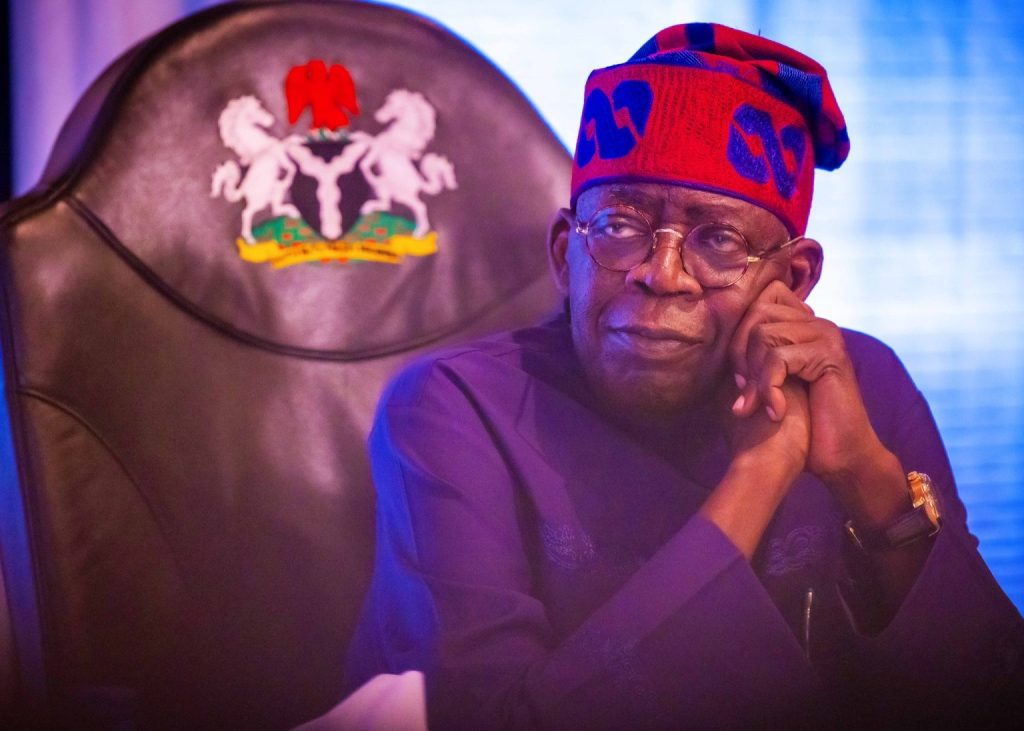AICIS, 2025 | Host Country Profile.

Asiwaju Bola Ahmed Tinubu GCFR
President and Commander-in-Chief of the Armed Forces of the Federal Republic of Nigeria
Chairman, ECOWAS
Chairman, Nigeria Climate Change Council
Nigeria, the host of the Africa Infrastructure, Climate Change, and Investment Summit (AICIS) 2025, stands as the African giant poised to drive transformational change across the continent. Officially known as the Federal Republic of Nigeria, this powerhouse of Africa is situated in West Africa, bordered by the Gulf of Guinea to the south, Cameroon and Chad to the east, Niger to the north, and Benin to the west. With a landmass of 923,769 square kilometers, Nigeria boasts an incredibly diverse landscape, ranging from tropical rainforests in the south to arid plains in the north.
Nigeria’s history dates back millennia, with the Nok Civilization, one of Africa’s oldest, emerging around 1000 BCE. Over centuries, numerous powerful kingdoms, including the Oyo, Benin, and Sokoto Caliphates, rose to prominence. Nigeria became a focal point of European trade from the 15th century, culminating in British colonization by the late 19th century. Gaining independence on October 1, 1960, Nigeria has since become the most populous African nation, with over 213 million citizens, representing more than 250 ethnic groups, speaking over 500 languages, and practicing various religions. The nation’s largest religious affiliations include Christianity (49.3%) and Islam (48.8%), while traditional beliefs remain among a small percentage of the population.
Today, Nigeria is Africa’s largest economy, driven by diverse sectors such as oil and gas, telecommunications, agriculture, manufacturing, and entertainment. The nation’s economic strength is complemented by a dynamic and youthful population, fueling its rapid industrialization and technological advancements.
Under the leadership of His Excellency President Bola Ahmed Tinubu, Nigeria is entering a new era of reforms aimed at strengthening climate action, infrastructure development, and the green economy. Notably, President Tinubu also serves as the current Chairman of the Economic Community of West African States (ECOWAS), positioning him at the helm of regional leadership. In this dual capacity, he is driving initiatives that promote peace, stability, and economic cooperation across West Africa. His leadership not only impacts Nigeria but also places the country at the forefront of regional and continental climate and infrastructure policies.
The "Renew-Hope Agenda," spearheaded by President Tinubu, aligns with Nigeria’s bold ambitions for AICIS 2025. The summit, themed “To Achieve the UN Climate Change Action in Nigeria’s Green Investment Policy Vision of the Government Renew-Hope Agenda,” highlights the nation’s commitment to aligning its development trajectory with global climate goals. This agenda aims to attract both international and local investors, promoting Nigeria’s Green Investment Policy with a focus on sustainability in energy, agriculture, infrastructure, and technology sectors. As a leader in ECOWAS, Nigeria’s achievements will inspire and influence the broader region’s approach to green investment and sustainability.